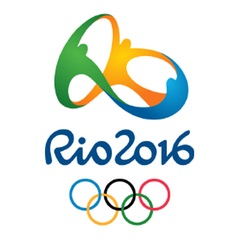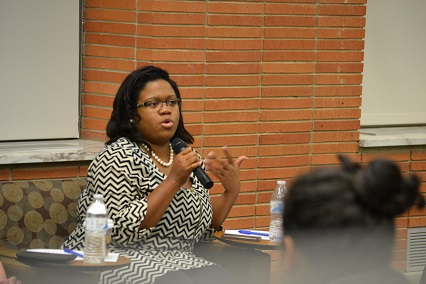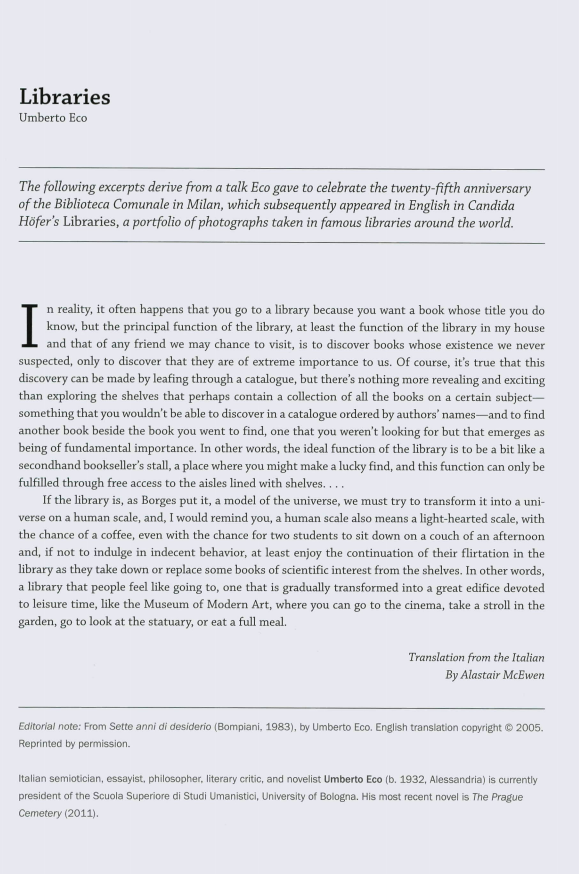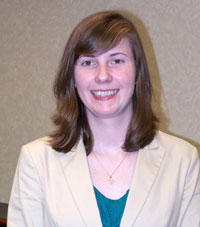Call for abstracts: The science of evolution and the evolution of the sciences
We invite submissions for papers to be presented at a two-day conference on The science of evolution and the evolution of the sciences, which will be held in Leuven, Belgium on the 12th and 13th October 2016.
Submissions should take the form of a 500-word abstract. Submissions on any aspect of the evolution of scientific theories are welcome, but contributions with a clear link to digital humanities are especially encouraged.
Aims and scope of the conference:
One of the longstanding debates in history and philosophy of science concerns how the sciences develop. Thomas Kuhn famously emphasized the role of scientific revolutions and so-called paradigm shifts. Other philosophers, including Karl Popper and David Hull, have offered a Darwinian account of the process of science. In their view, scientists create conjectures about the way the world works, and these conjectures undergo a process of selection as they are tested against the world. This is analogized with biological evolution: mutation and recombination creates novelty in the biological world, which then undergoes natural selection, driving adaptive evolution. In this conference, we will reexamine these ideas using new tools from cultural evolutionary theory and the digital humanities.
This conference explores recent attempts to move beyond mere qualitative theorizing about scientific cultures and their evolution and centers on the the question of the extent to which we can make quantitative predictions, extract quantitative data, or build quantitative models of and about scientific evolution over time. In addition to numerical models of cultural evolution drawn from the evolutionary sciences, quantitative data are also being extracted in the digital humanities. Cultural products like academic journal articles can be algorithmically mined in order to understand this body of work in a new light, offering data to help test hypothesis about scientific changes. By bringing together researchers with a common interest but with different disciplinary backgrounds and toolboxes, we hope to inspire cross-fertilization and new collaborations.
Questions addressed at this conference include:
* What novel predictions do Darwinian accounts of science offer?
* How can we test these predictions?
* Can new work in the digital humanities, such as the automated mining and analysis of the scientific literature, shed light on Darwinian accounts of science?
* Do formal evolutionary models or (quantitative) textual analyses permit a systematic approach to empirical issues in the realism-instrumentalism debate?
Keynote speakers:
Charles Pence (Louisiana State University)
Kimmo Eriksson (Mälardalen University and Stockholm University)
Mia Ridge (British Library)
Simon DeDeo (Indiana University & the Santa Fe Institute)
Abstracts must be received no later than June 7. Inquiries and abstracts should be directed to the conference organizers, Andreas De Block and Grant Ramsey, at the following addresses:
Andreas.deblock@hiw.kuleuven.be and grant@theramseylab.org
The conference receives financial support from the Institute of Philosophy (KU Leuven) and the FWO (Flemish Research Council).
_______________________
Grant Ramsey
www.theramseylab.org
grant@theramseylab.org
+1 574.344.0284
 If you read Merrill Stein’s recent blog, “Next Best Thing to Being There! Great Links to the Games of the XXXI Olympiad, Rio de Janeiro, Brazil,” or have been watching or reading the news about the summer Olympics and have questions, Falvey’s collection can provide answers. This “Dig Deeper” features only part of our collection of books about the Olympics. And don’t forget, our very knowledgeable reference librarians (Ask a Librarian) are here to help you find materials. Or you may visit their offices on the second floor of Falvey.
If you read Merrill Stein’s recent blog, “Next Best Thing to Being There! Great Links to the Games of the XXXI Olympiad, Rio de Janeiro, Brazil,” or have been watching or reading the news about the summer Olympics and have questions, Falvey’s collection can provide answers. This “Dig Deeper” features only part of our collection of books about the Olympics. And don’t forget, our very knowledgeable reference librarians (Ask a Librarian) are here to help you find materials. Or you may visit their offices on the second floor of Falvey.























